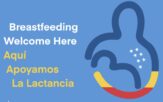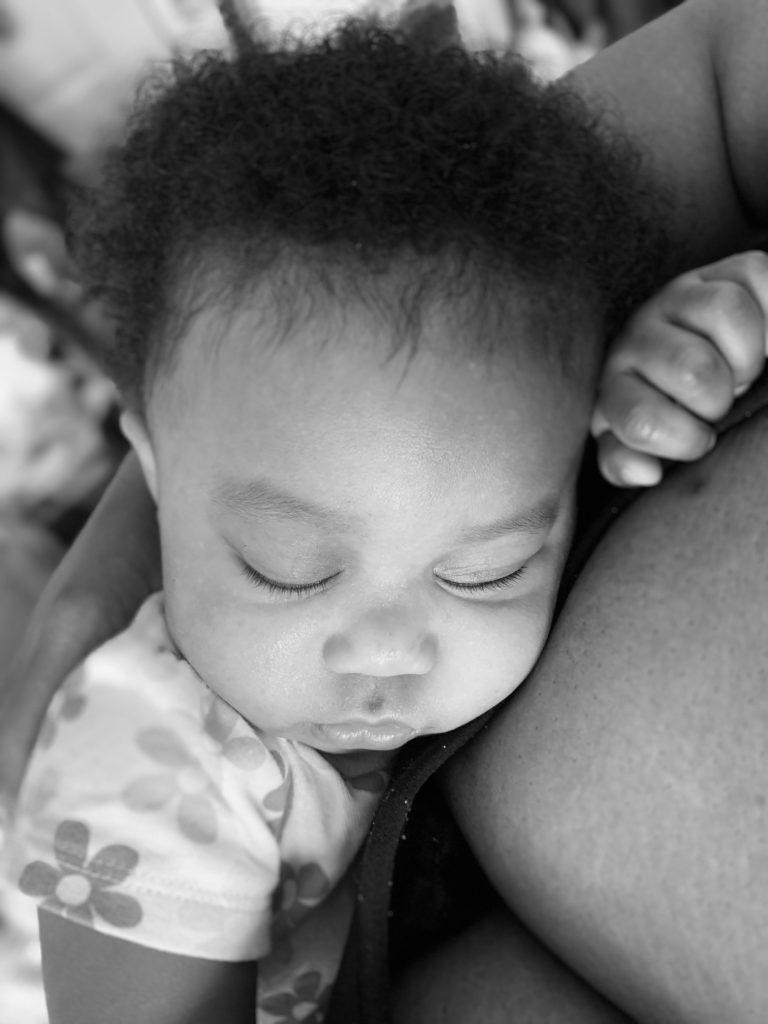Recent events in this country have caused Breastfeeding Family Friendly Communities to reflect once again on the systemic racism in our country. George Floyd, Tony McDade, Breonna Taylor, Ahmaud Arbery, and so many more all had parents that lost their children. Silence in the face of injustice makes us complicit. Silence is deadly. We have grieved for years and continue to grieve for those who have lost their lives, the families that have lost their loved ones.
Racism in America is not just an issue of police brutality. Racism is a public health issue that has affected certain racial groups. Racial variations in health show the difference in socioeconomics, inequalities, and health disparities. “Black women die in pregnancy-related deaths at a rate that is 3.3 times greater than white women…(Yet,) approximately 3 in 5 pregnancy-related deaths were preventable.” We know that breastfeeding right after birth stimulates the release of oxytocin, causing the uterus to contract and slow down blood loss after delivery. We know that breastfeeding also lowers infant mortality rate. Why then are Black mothers and Black babies so often denied the life-saving encouragement to breastfeed? (The complete report can be viewed here.) The racial gap in breastfeeding rates is linked to racial disparities in health information and services, the aggressive marketing of formula in some communities, and the overrepresentation of Black and Brown parents working low wage jobs that lack paid parental leave or adequate workplace accommodations to ensure that parents are able to breastfeed and/or express their milk in a private designated area, other than the restroom.
All parents must have the right to raise every child in an environment free from violence, an environment in which it is safe to birth, safe to breastfeed, safe to live. In an attempt to reduce the risk of infection during the COVID-19 pandemic, some health care systems have implemented protocols that prevent birthing parents from having their families and support team with them, which places Black families at greater risk for harm. The responsibility for changing these statistics belongs to all of us. We note the immense power that Black women’s voices bring to the understanding of this terrible moment. Perhaps we can hear their voices so clearly because they experience the intersection of race and gender that highlights the multiplicity of oppression in its many forms. Sometimes those voices are loud and angry, as those fighting for rights more than 50 years ago. But too often those voices are unheard or muffled as in the preventable deaths of the next Black mother or Black baby who dies in childbirth.
Below are several resources that can provide further education about racism, anti-racism, and barriers to equity that impact pregnant and nursing families.
- Black Maternal Health Reading List from Every Mother Counts
- Things White People Can Do for Racial Justice
- Sister Song’s Reproductive Justice
Learn more about programs that promote equity:
BreastfeedDurham is putting together a list of equity resources, including Black Maternal Health resources, human milk feeding resources, a list of maternal and infant health providers in the area, and additional community support that goes beyond breastfeeding.
Breastfeeding Family Friendly Communities continues to work in collaboration with our governments, local businesses, healthcare, childcare, schools, nonprofit organizations, and faith-based organizations to ensure proper training related to cultural appropriateness for all genders and races. Key stakeholders include community members representing the diversity in our community of races, social experiences, religious affiliations, gender identities, and political beliefs. We challenge healthcare providers to implement Breastfeeding Baby Friendly Initiatives.
We support statewide and international efforts for paid family leave and educate employers on how to support breastfeeding mothers. We will provide resources to families to identify child care providers that are educated on the importance and benefits of breastfeeding. Our long-term goal will be to advocate for policies such as Paid Family Leave, Affordable Childcare, Breastfeeding Support, and Perinatal Mental Health Support at local, state, and federal levels in order to eliminate health and economic disparities.
Please subscribe to the BreastfeedDurham newsletter to see the positive changes that are already taking place in our Durham community. Breastfeeding Family Friendly Communities continues to be passionate about illuminating racial disparities and working to change them.
In solidarity,
Breastfeeding Family Friendly Communities of Carrboro, Chapel Hill, and Durham

